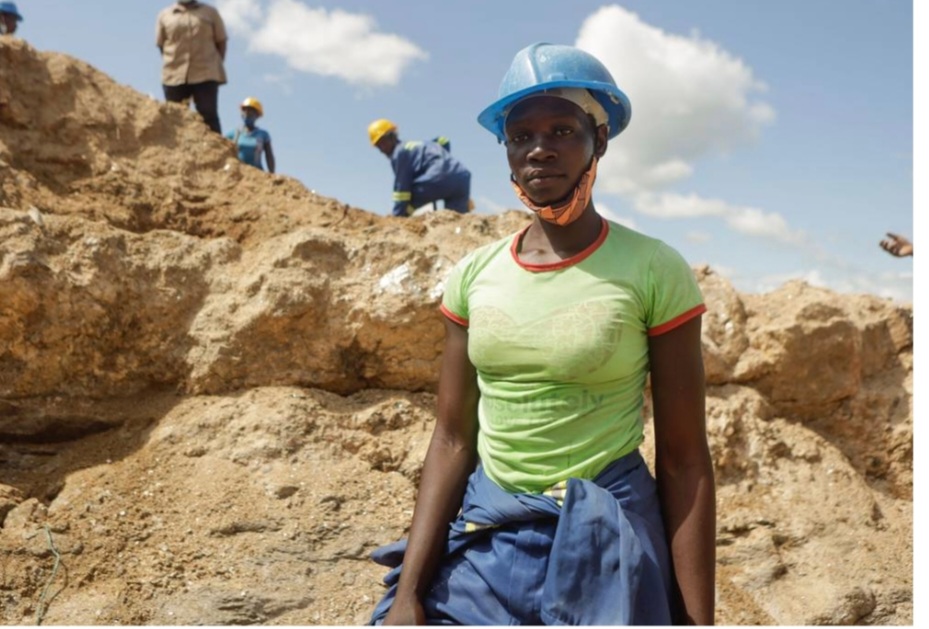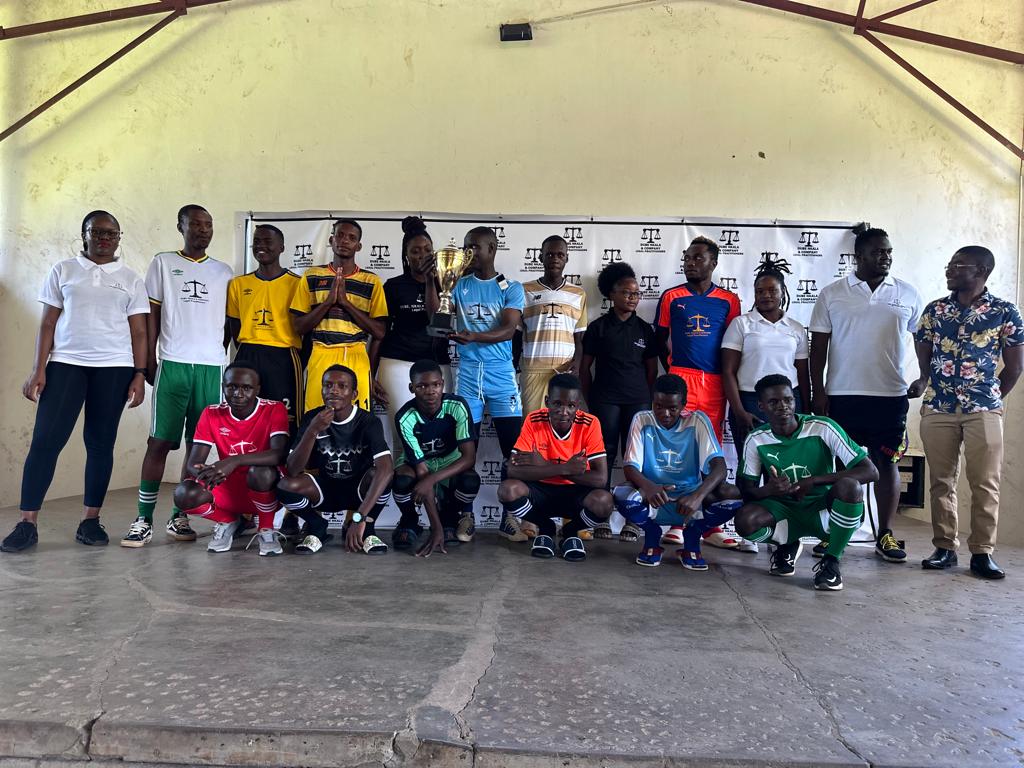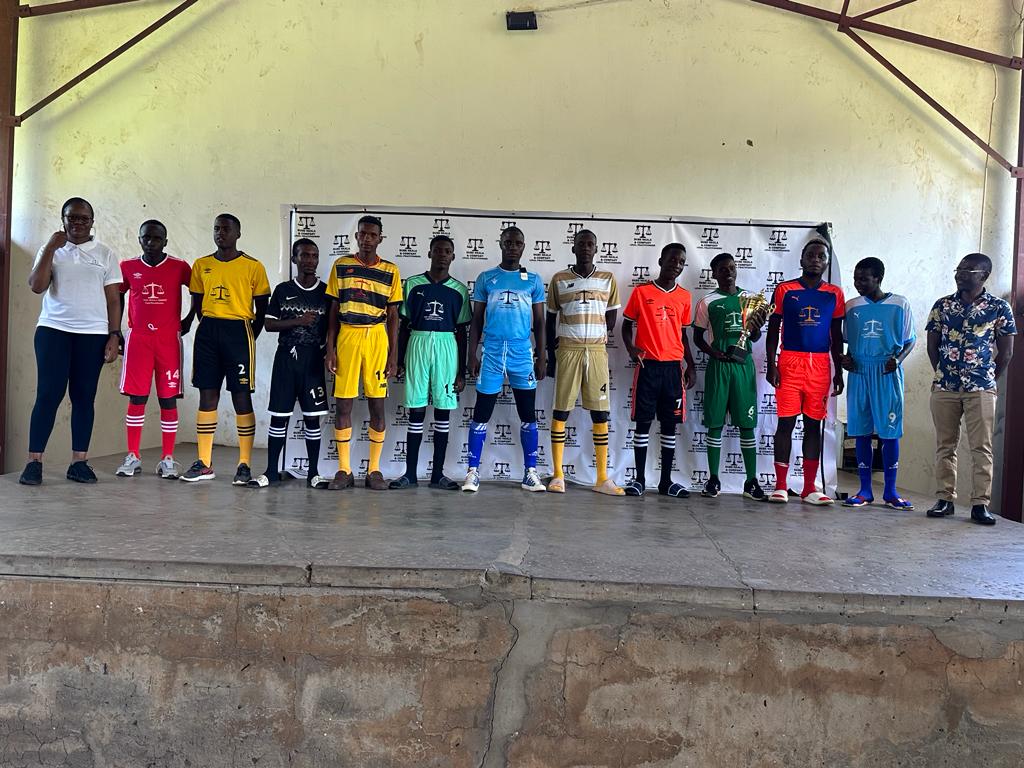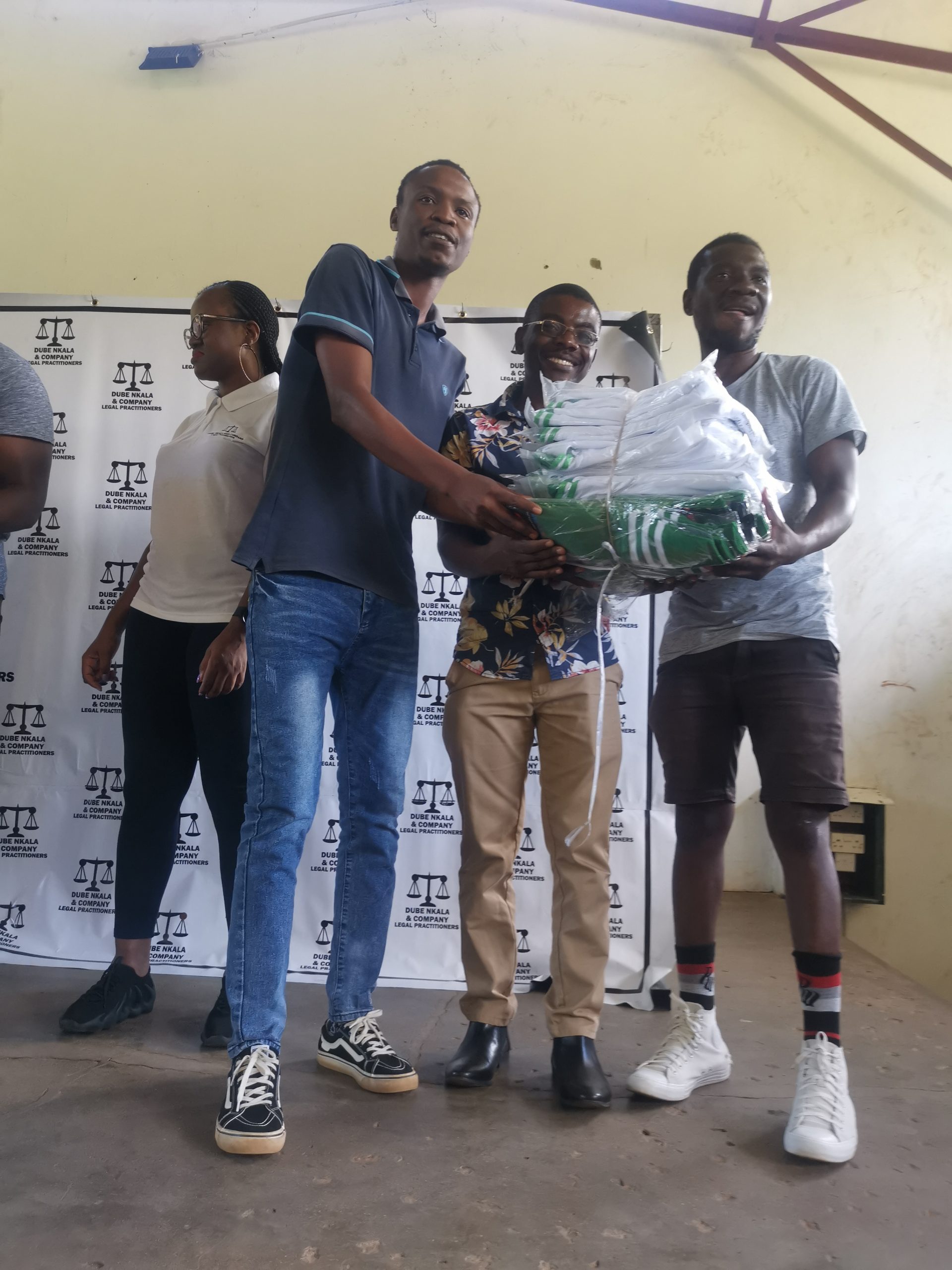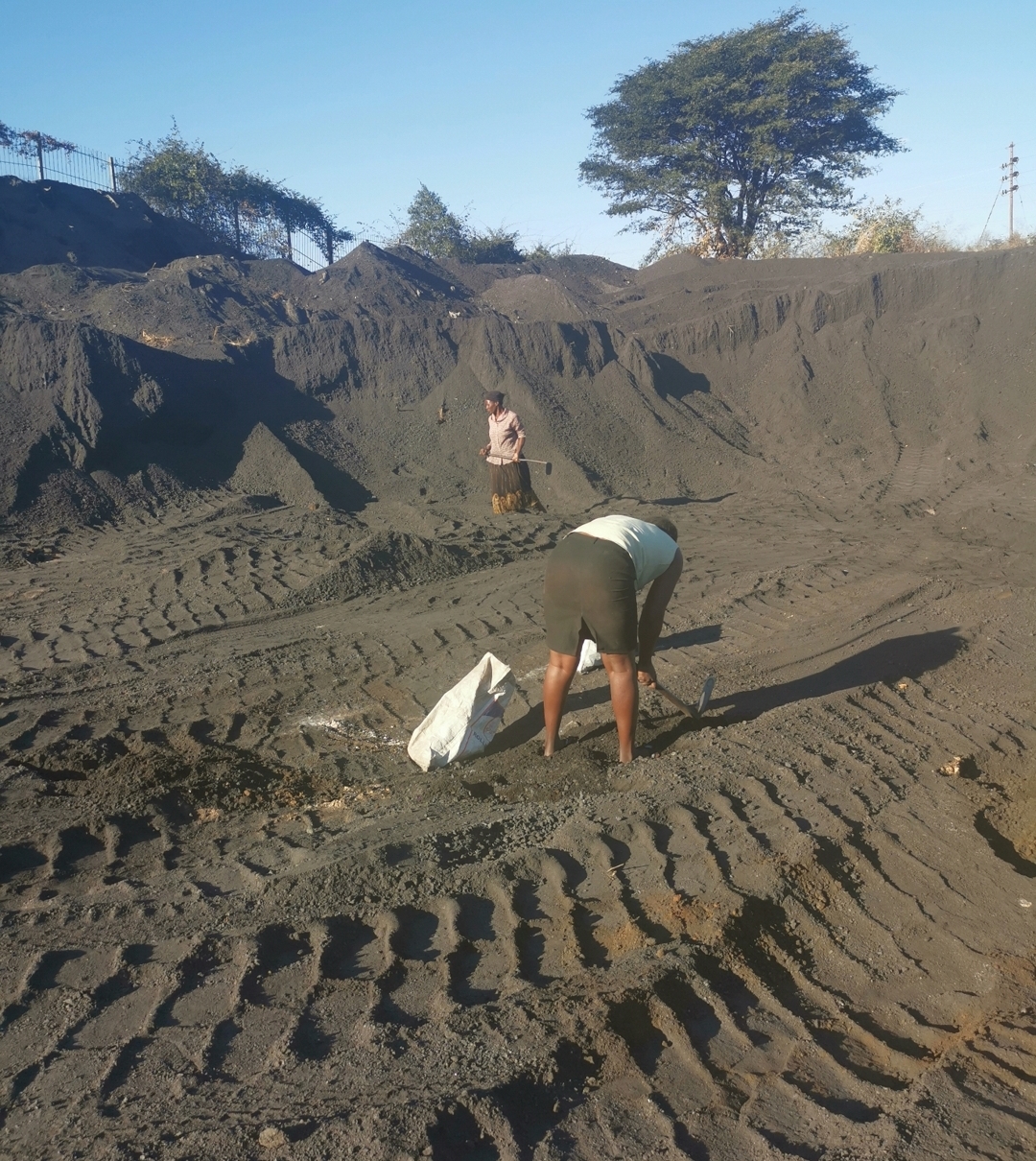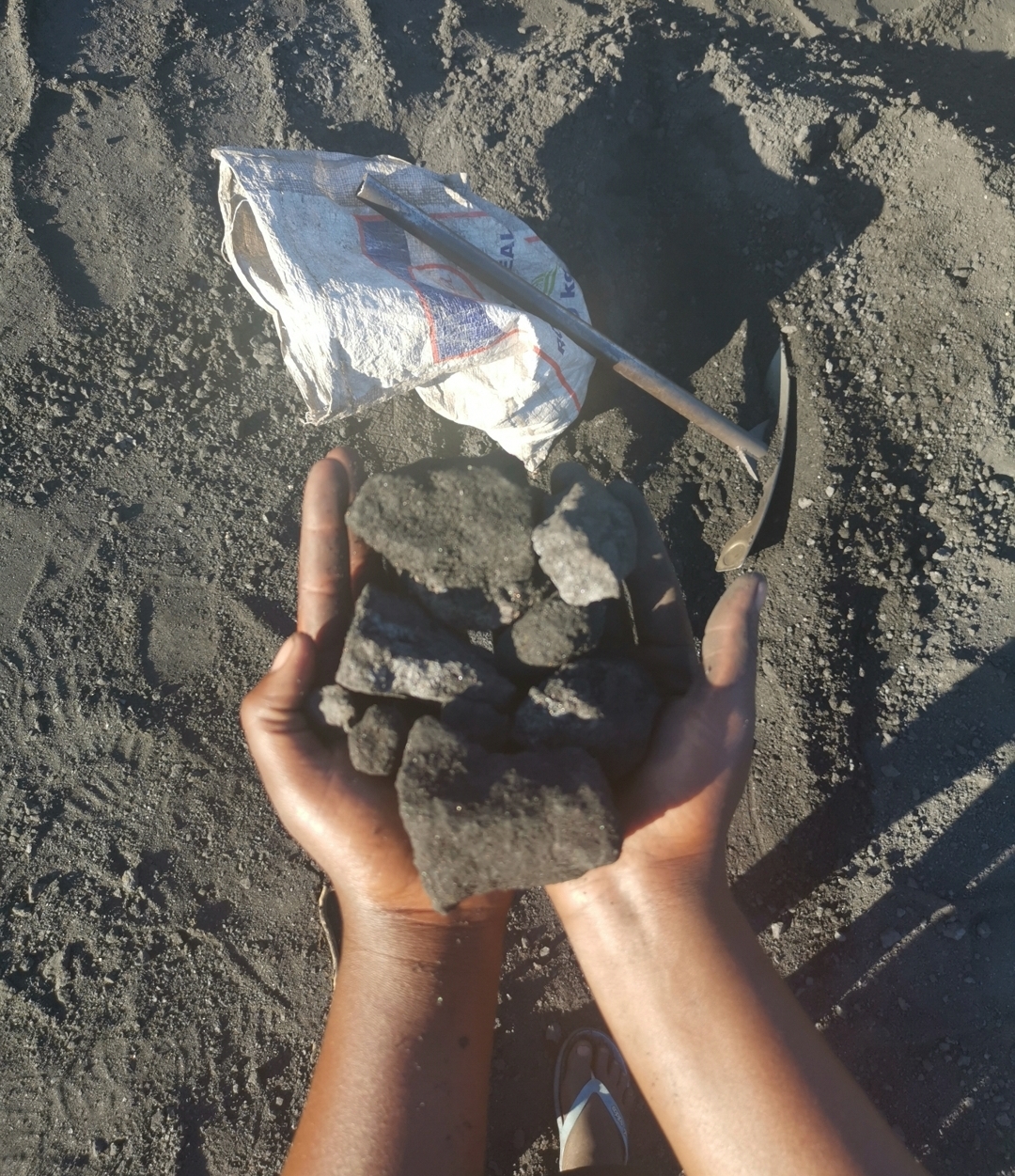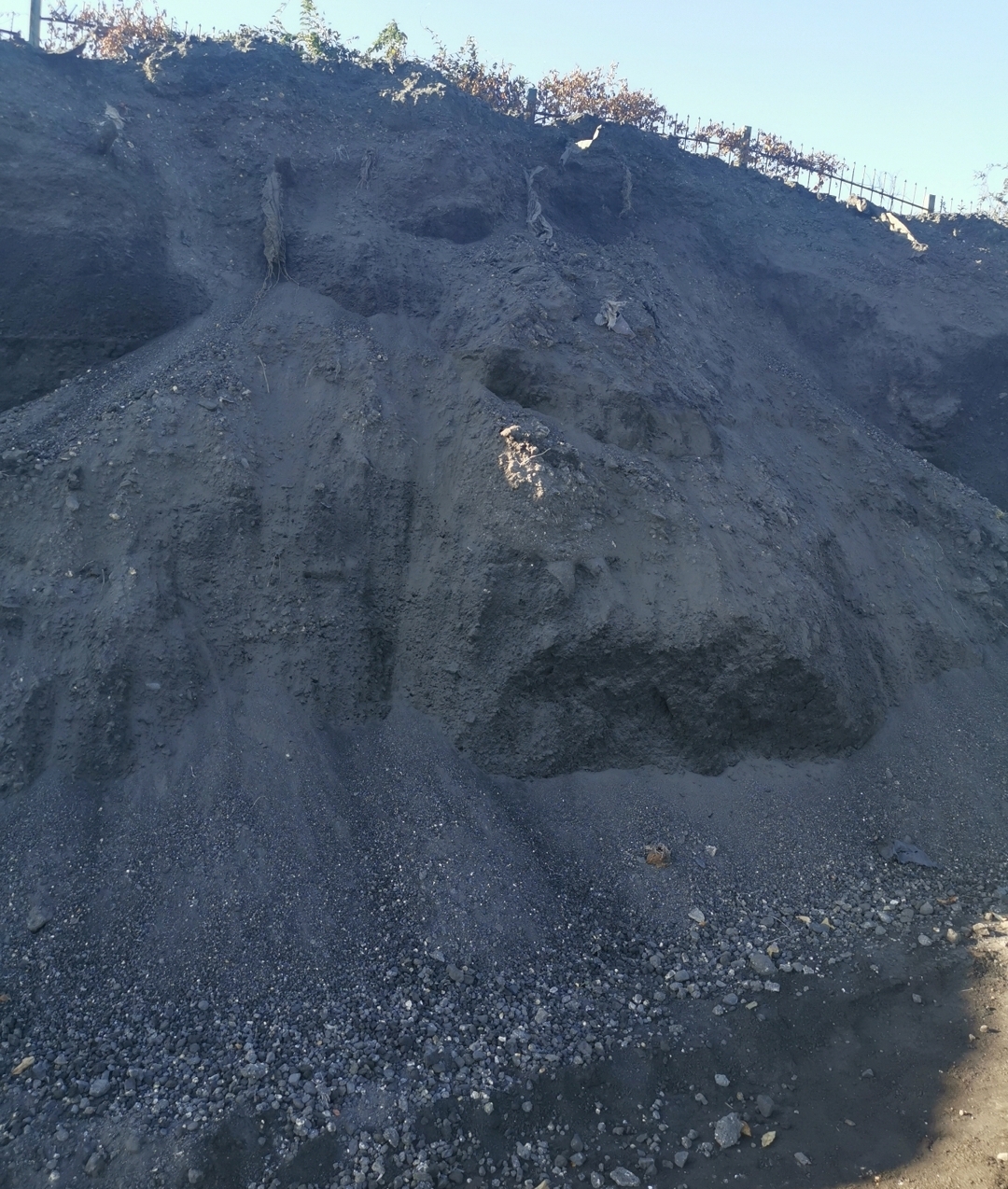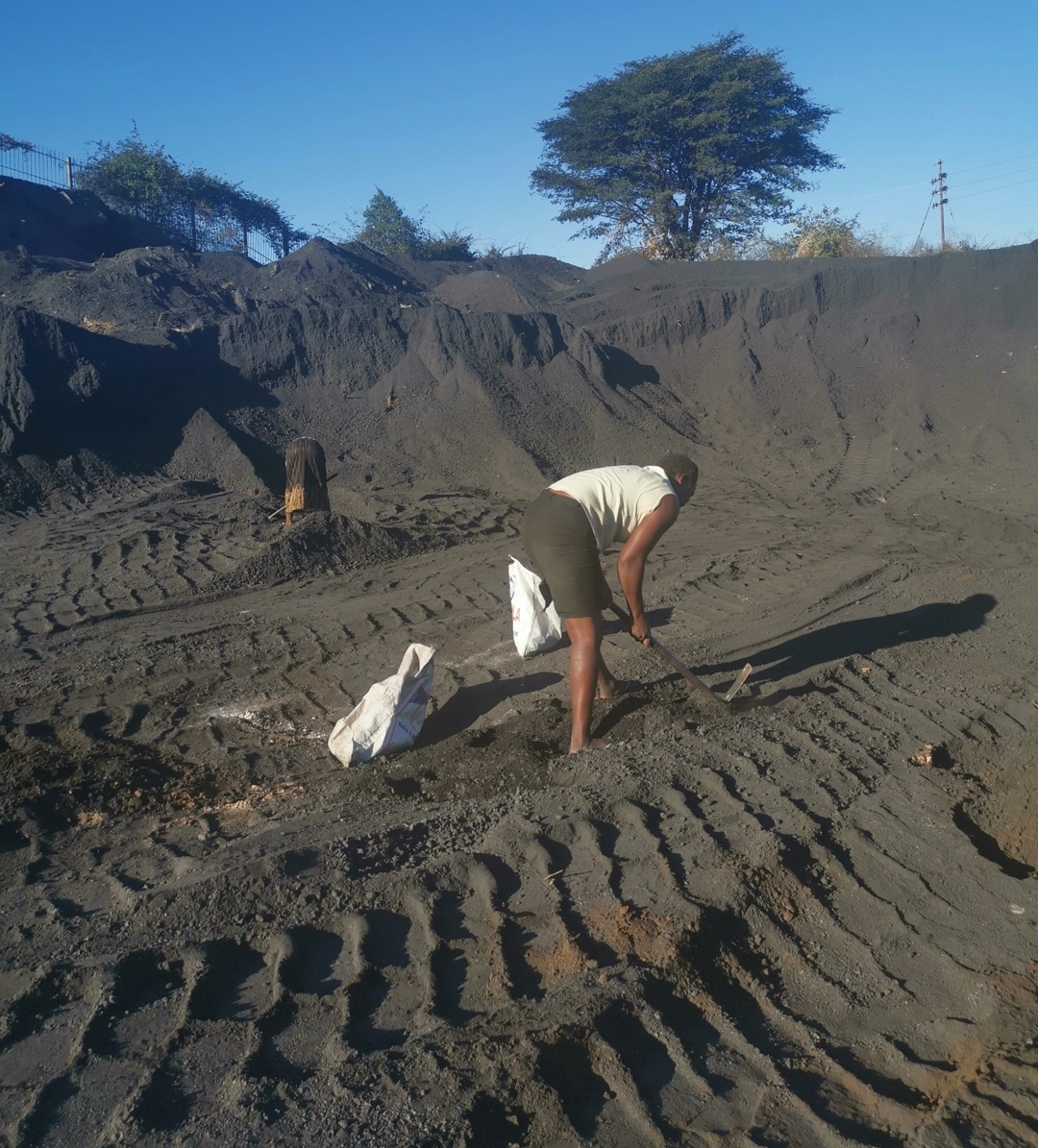BY FARAI SHAWN MATAISHE
At first glance the Zimbaqua mine in Zimbabwe looks normal: a series of shallow craters dotted with workers in overalls and hard hats toiling to unearth the treasures below.
But a closer look reveals something unusual. In an industry dominated by men, everyone working to unearth prized aquamarine gems from the yellow soil is a woman.
“I no longer have to bother the father of my children because I am paying school fees for the two of my children who are in primary school,” said Shupi Kabudura, 33, who became a miner after fleeing an abusive husband with her three children.
“I also buy essentials such as clothes and food.”
Kabudura is among about 25 women employed by Zimbaqua, which bills itself as the first mining firm in Africa to be staffed entirely by women.
Many are forging a new life with each other’s support after escaping abuse such as rape, domestic abuse or forced marriage.
About one in five Zimbabwean women said they had suffered violence from their partner in the previous year, found an official 2015 survey, and child marriage remains rife despite being outlawed by the Constitutional Court in 2016.
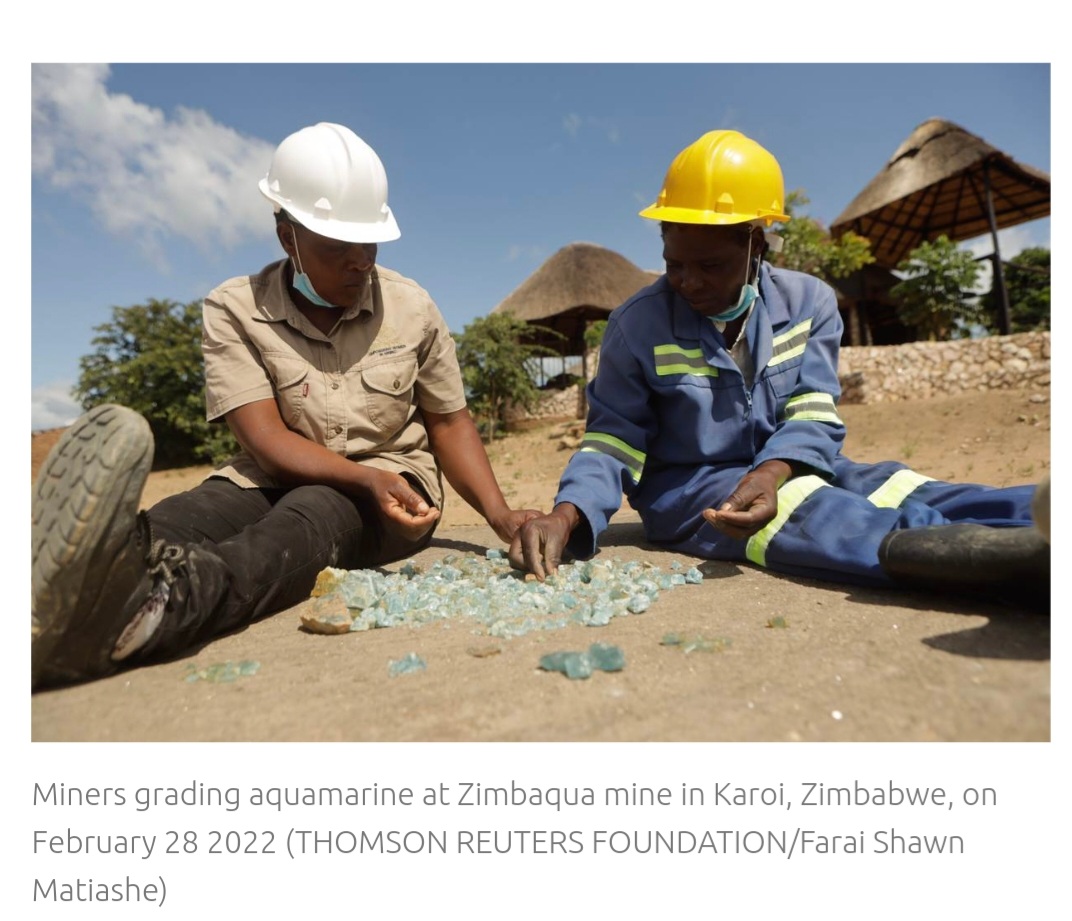
Women in rural areas are often forced to remain in violent marriages because they rely on their husbands financially, said Rumbidzai Gwinji, a mine manager at Zimbaqua, which is located in the farming area of Karoi in northern Zimbabwe.
“This project has become a solution to women in such situations,” she said.
“It has given them choice over the environment and lifestyle they want for not only themselves, but also for their children.”
OUTNUMBERED AND ABUSED
Zimbaqua was opened in 2019 by Iver Rosenkrantz, a Danish gem expert who has lived in Africa for more than 15 years, and Zimbabwean Patrick Tendayi Zindoga.
“This (firm) came after realising that women are not given the same opportunity as men, especially in the mining sector,” said Gwinji.
Zimbaqua’s workers dig for the mine’s rich deposits of aquamarine, a pale blue to light green gem that is highly prized by jewellery designers and collectors around the world.
It is hard labour. The women use hammers to break up rocks and reveal the aquamarine, which is easily visible due to its bright colour shining out from the surrounding stone.
In return, they get a decent salary equivalent to about $295 per month.
But they are outliers in an industry that is overwhelmingly staffed by men.
Women make up about 10 percent of the country’s artisanal and small-scale miners, found a 2016 report by the Pact Institute, a Washington D.C.-based development nonprofit.
Neighbouring South Africa’s mining industry has a similar gender disparity, although the number of women in the industry is growing.
“Women are few in the mining industry due to challenges they face, including verbal abuse and labelling from male counterparts who believe they are of the weaker sex,” said Kundai Chikonzo, founder of the Insiza Women In Mining Trust.
Men often do not allow their wives to work as miners, said Chikonzo, and women lack equal opportunities for promotions.
Projects to get more women into the industry can improve women’s prospects and boost the wider economy too, she added.
‘SAFE HAVEN’
Zimbaqua staff said their jobs had given them financial independence and new hope after they escaped abuse.
Miner Paidamoyo Kuronga, 21, said she had struggled to make ends meet as a single mother to a young daughter until she learned about opportunities at Zimbaqua.
“I was so excited to get my first ever job,” she said.
Now, she is considering returning to school for a mining-related course to further her career in the industry.
Gwinji said the mine is working on plans for a daycare centre close to the mine for the children of employees.
New mothers working at Zimbaqua are given three months’ maternity leave on full pay and get regular breastfeeding breaks when they return, she added.
Workers at Zimbaqua said the mine not only had offered them a fresh start, but represents a beacon of hope for others hoping to escape domestic abuse.
“I know there are other women out there who are experiencing (gender-based violence). I hope our company will grow so that more women can come to this safe haven,” said Kabudura. – Thomson Reuters Foundation

 Slider1 year ago
Slider1 year ago
 News1 year ago
News1 year ago
 Tourism and Environment2 years ago
Tourism and Environment2 years ago
 News3 years ago
News3 years ago
 News2 years ago
News2 years ago
 News2 years ago
News2 years ago
 News1 year ago
News1 year ago
 News2 years ago
News2 years ago
